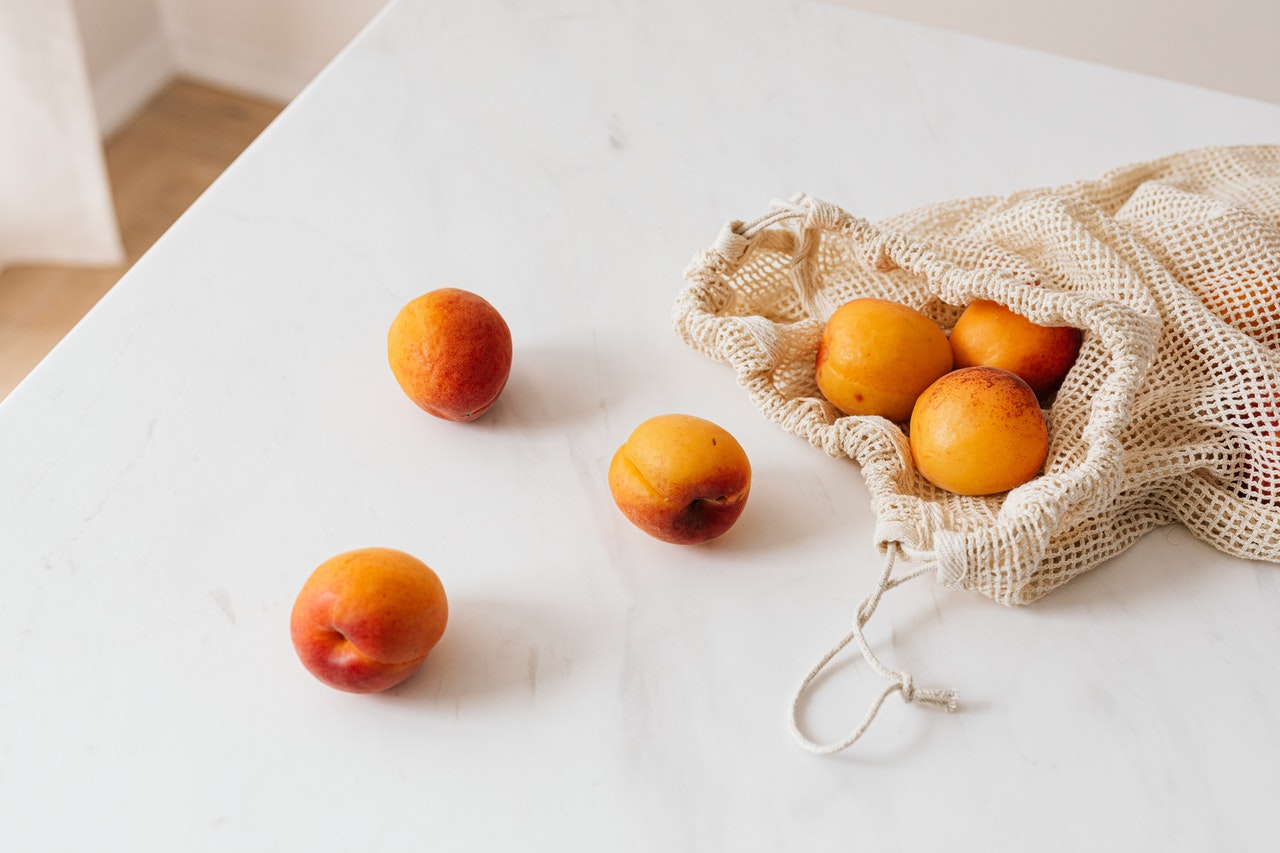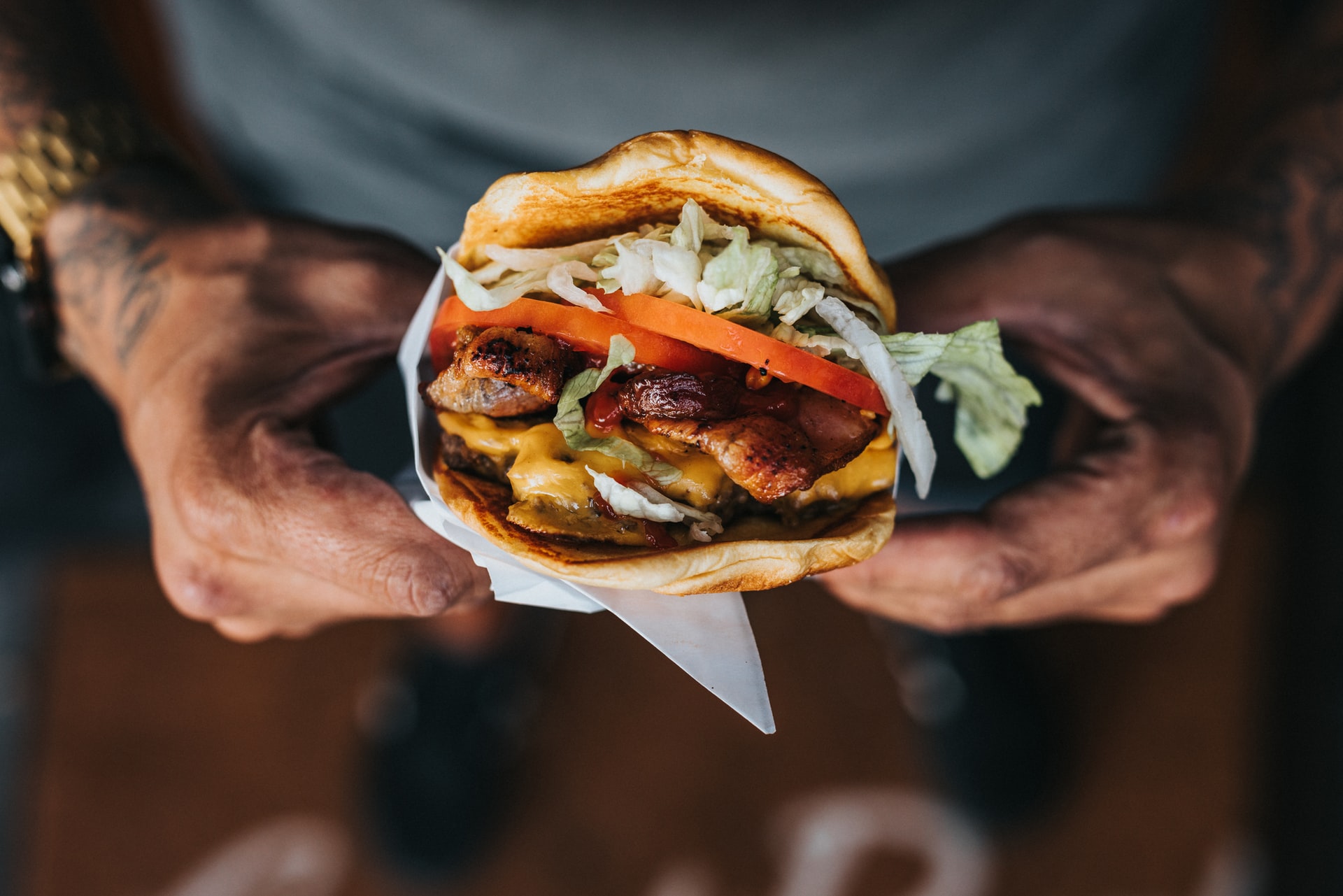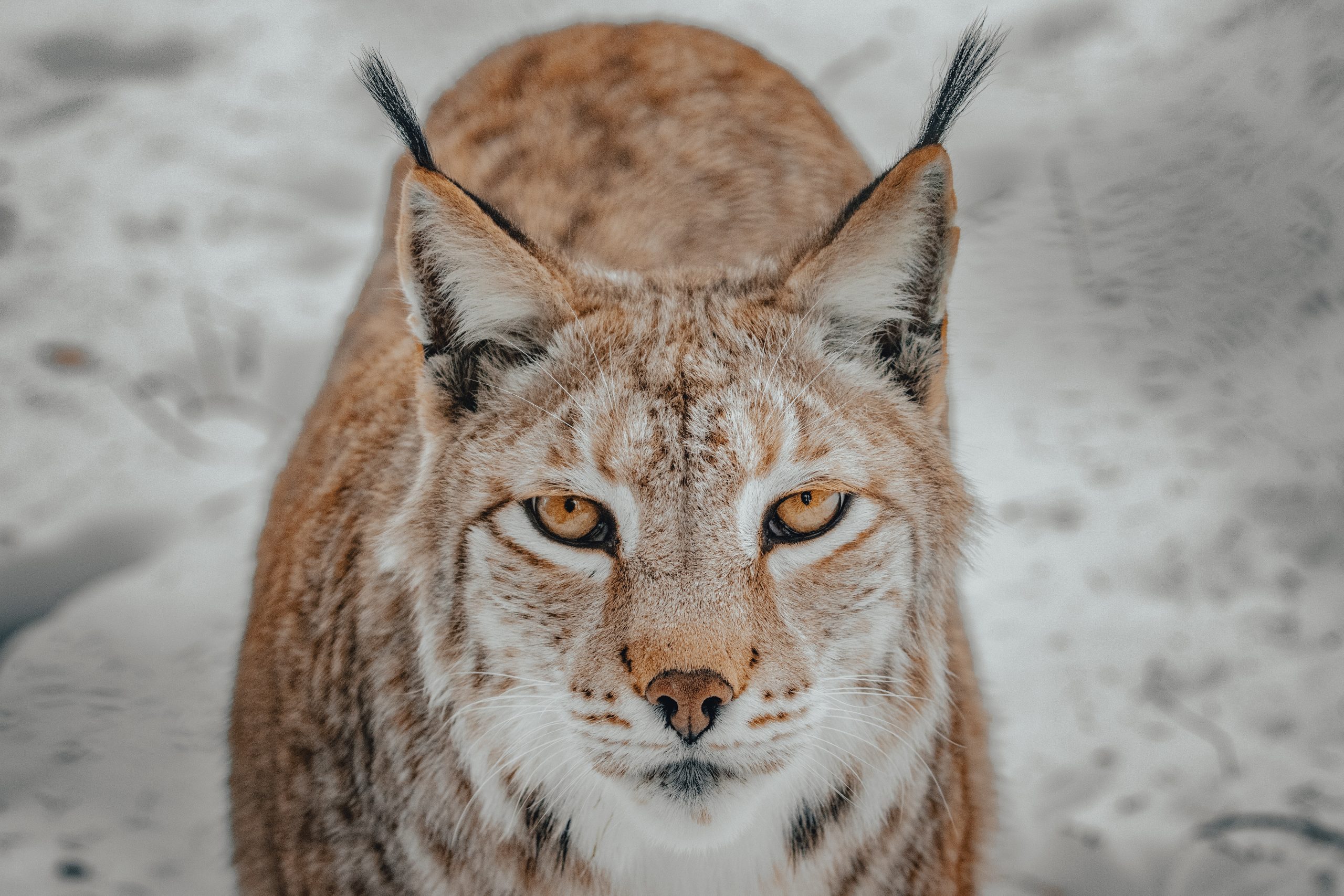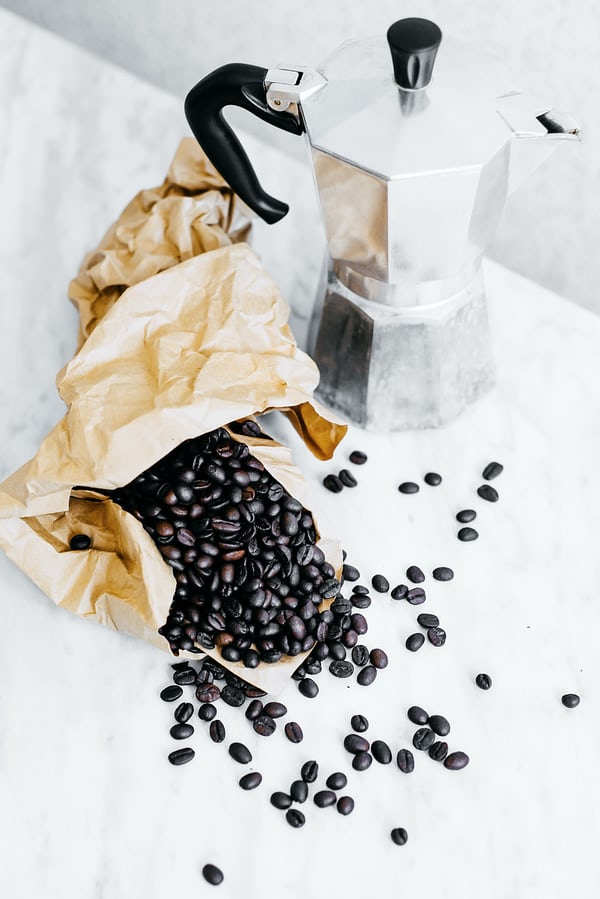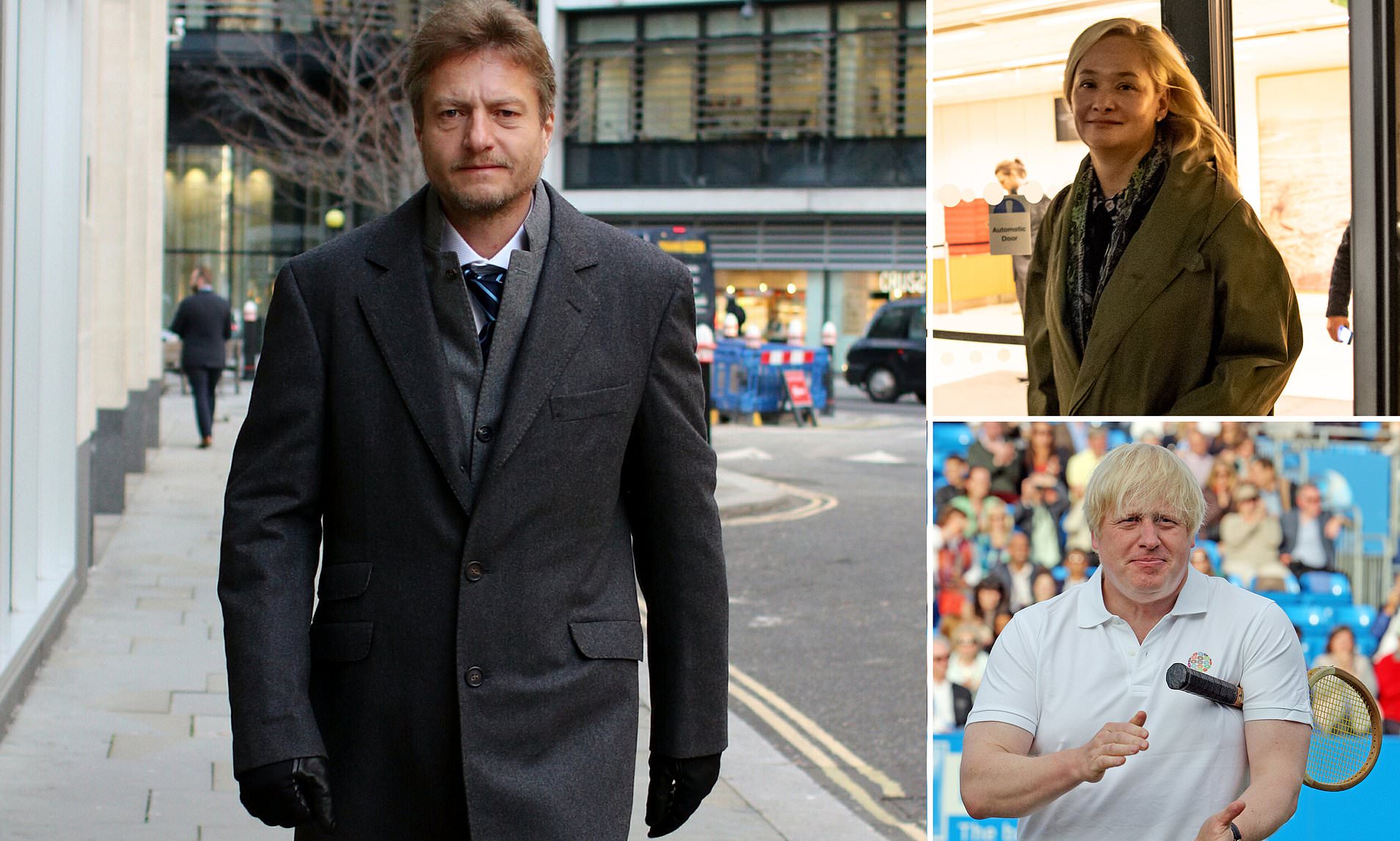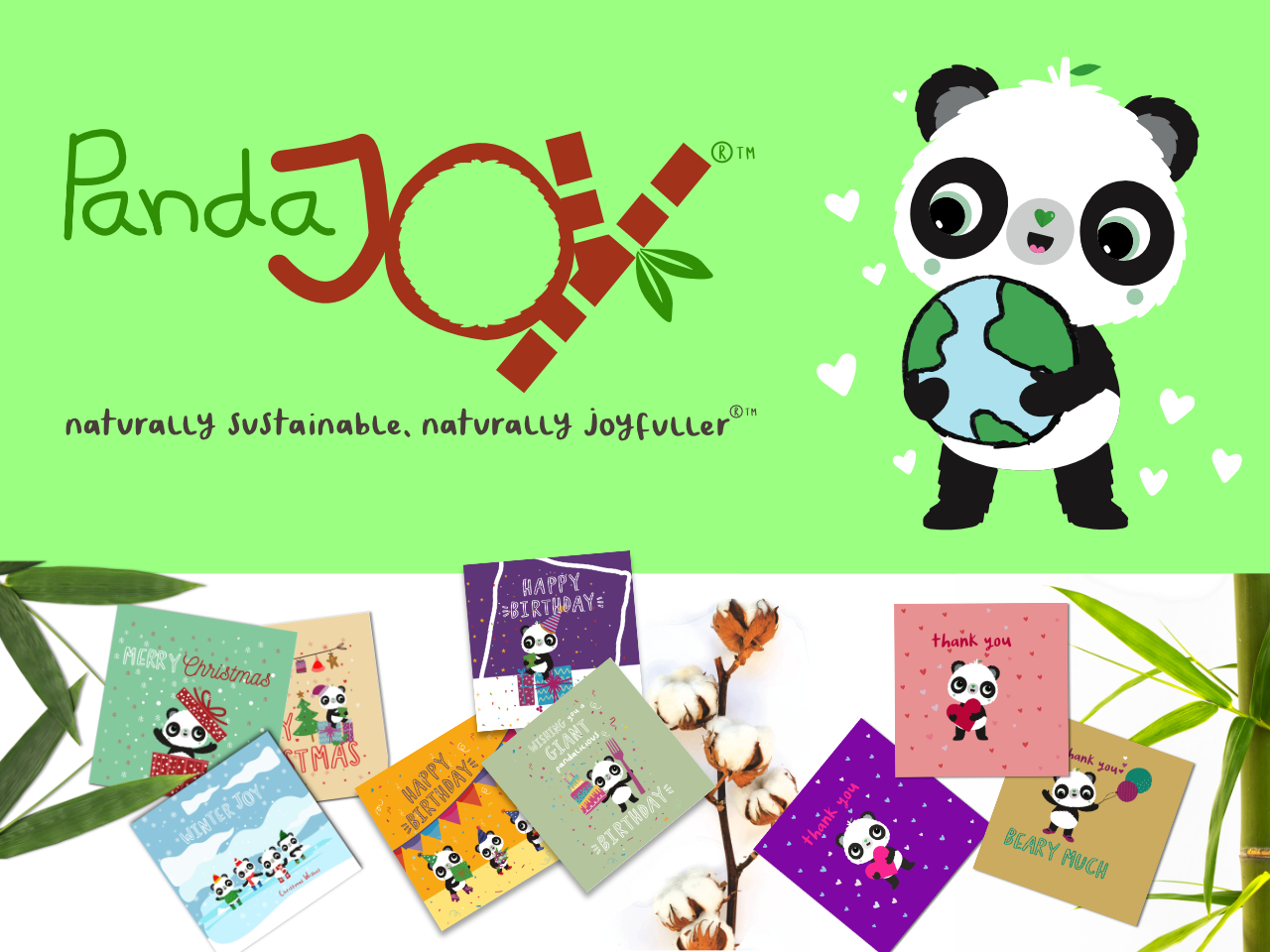As things stand, our planet is not in a good shape. With the effects of climate change becoming more and more apparent every year, many are trying to do their bit in a bid to save our run-down environment. In this respect, it is fair to say that the food and drink market is gradually adapting to this new ‘reality’ too.
Indeed, while biting into the cheese and ham sandwich you bought on your way to work, you may notice that its packaging has a green recyclable sign on it. At the same time, you may realise that you are sipping a hot, flavoursome coffee from an eco-friendly wood-pulp paper cup as well.
Electrix, manufacturer of Kabelkanal, explores the topic of sustainability within the food and drinks market. What is this industry doing to ensure it provides green, sustainable products?
Growth of fair trade
As the name suggests, fair trade is an arrangement designed to assist farmers and workers in developing countries through better working conditions and equitable trade relationships. Not only this, but it also strives to support and promote good agricultural practices which – in the long run – encourage environmentally sustainable production.
Indeed, from prohibiting the use of harmful agrochemicals and focusing on the reduction of pesticides, fair trade ensures that farms are limiting their waste while enhancing biodiversity. Stretching from Western Africa to Latin America, fair trade’s positive influence on the food and drink market is constantly growing.
By allowing small farmers from all over the world to implement sustainable agricultural practices, workers are able to mitigate their impact on the environment and ultimately challenge climate change.
Eco-friendly packaging
Packaging is crucial in many different ways. Whether we like it or not, first impressions count – and this is particularly true for the food and drinks market. If a product looks good on the outside, the consumer is likely to automatically think it tastes nice too. But design is not the only aspect brands are concerned about.
With the future of our environment in mind, the industry is looking at alternative and innovative methods of making packaging as sustainable as possible. For instance, beer cans are gradually ditching the infamous six-pack plastic rings in favour of eco-friendlier dots of glue, which keep the beverages together just as well.
Moreover, brands are constantly exploring solutions that will help reduce plastic and glass waste. Indeed, wood-pulp paper bottles and sustainable plastic-free food packaging are slowly starting to stack supermarket shelves.
What is more, some food and drinks businesses are opting for sleek carved-in branding on their products as opposed to wrap-around labels. This said, however, most labels nowadays are recyclable and biodegradable anyway.
Transport
It is easy to forget that food and drinks often travel hundreds (if not thousands) of miles to get to our local supermarket. As heavy-goods vehicles account for 25% of CO2 emissions from transportation, it becomes clear that the way in which products reach our shelves should be carefully monitored.
In this respect, to contrast the negative impact food and drinks transportation has on our environment, many farmers markets do not allow vendors to sell products that have travelled more than 200 miles. In some cases, the threshold is 50 miles.
Not only is this an excellent way to support the local economy, but it also allows consumers to enjoy fresher products while actively reducing their carbon footprint.
Conscious consumers
There is no hiding that buyers play a fundamental role in shaping the way the food and drinks market operates. Ultimately, is it not consumers that brands are trying to appeal to?
For instance, health is an important component in people’s decision-making. As well as considering its environmental benefits, sustainable and organic food is particularly inviting, as it is healthier and safer to eat. Furthermore, by providing buyers with eco-friendly packaging options, brands have the chance to increase consumer interest. Indeed, anybody who has at heart the future of our planet will tendentially opt for a product that has gone out of its way to be as green as possible.
Finally, with the increase in vegetarian and vegan diets, the demand for sustainable alternatives is on the rise – and the food and drinks market will inevitably have to keep pace with people’s new style of living.
With the repercussions of climate change in plain sight, sustainability is the way forward to preserve our planet. To make sure it both plays its part and satisfies people’s new necessities, the food and drinks market is slowly shifting towards an eco-friendlier approach that suits both the environment and its consumers.
Sources
https://farmersmarketcoalition.org/education/farmers-markets-promote-sustainability/
https://www.dupontnutritionandbiosciences.com/sustainability-food-beverage-industry.html

